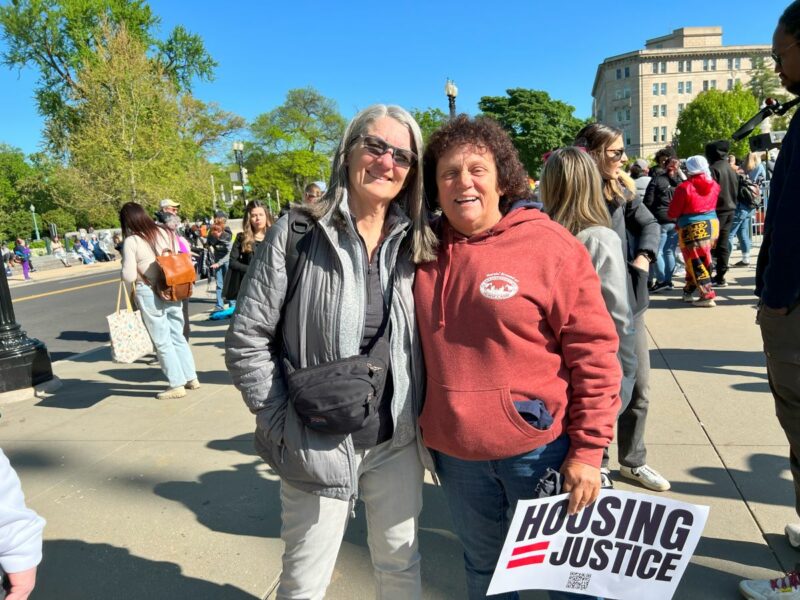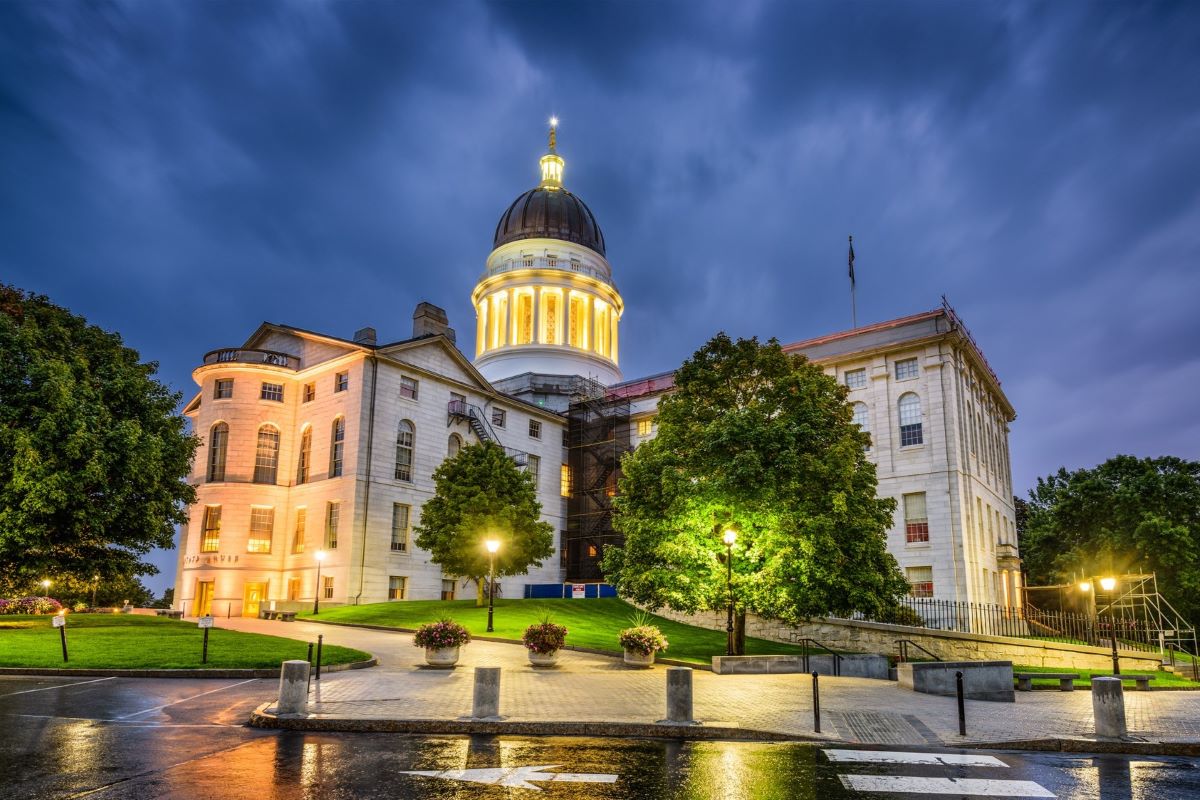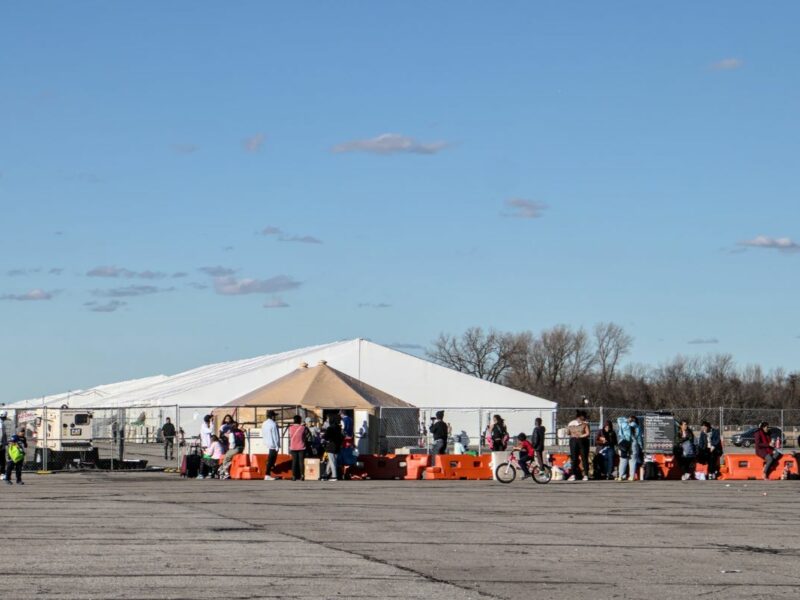As Cities Crack Down on Homeless Encampments, Maine Shelters Ask for More Funding to Stay Open
Several homeless shelter operators in Maine have asked state lawmakers for more financial support as cities across the state continue to crack down on encampments.
The financial strains faced by Maine’s homeless shelters are happening as homelessness continues to grow across the state. Maine’s latest Point in Time Count data shows there were 4,258 people experiencing homelessness in 2023, an increase of more than 250% since 2019, before the pandemic began.
“I think our representatives understand how critical this is, and importantly, how much costs we avoid by having well-funded shelters,” Penobscot Community Health Care President and CEO Lori Dwyer told local news station WJAR 10.
Altogether, six shelters across the state face a combined budget gap of about $4.1 million. Shelter operators say staffing challenges and inadequate revenue sources are their two most significant problems.
Penobscot Community Health Center CEO Lori Dwyer told local lawmakers that the organization’s low-barrier shelter, known as Hope House, is facing an $800,000 budget shortfall. The shelter could close by October 2024 if it doesn’t receive additional funding.
“It’s just not sustainable,” Dwyer said. “We can’t continue to do it. My hope is we can come up with a solution that includes perhaps increased funding at the state level.”
Homeless shelters in Maine have come under increasing strain as local officials work to remove encampments across the state.
One encampment at Harbor View Memorial Park and Douglass Street in Portland has been swept six times over the last year. Some people experiencing homelessness say jeers from the public make the situation much worse.
“When they drive by and throw things at us and shout obscenities at us, that’s not nice,” Bruce Cavallaro, a 45-year-old military veteran living at the camp since November 2023, told Maine Public Radio. “We’re people too. What if it was you? Your husband, wife, daughter or son. We deserve the same respect as people who are housed.”
Protesters tried to stop one encampment removal near the Casco Bay Bridge in Portland in early January. They argued that the city doesn’t have a plan to provide adequate shelter for the people being removed.
The ACLU of Maine previously warned local officials in October 2023 about removing encampments without a plan for shelter. The organization said the practice may violate the constitutional rights of people experiencing homelessness and demanded they stop criminalizing homelessness.
But advocates like Jess Falero, the lead organizer for Stop the Sweeps, an advocacy group working to end homeless sweeps in Maine, say the calls have gone unheeded thus far.
“We have an opportunity here to do things differently and address the real harm perpetuated through the cycles of being unhoused and the violent policies we practice against unhoused humans in our country,” Falero told the Maine Beacon. “We have an opportunity to lead the way.”
State officials have taken steps to help shore up the balance sheets of its homeless shelters.
For example, Rep. Colleen Madigan, a Democrat from Waterville, introduced a bill that directs the state Department of Health and Human Services to increase its overnight bed reimbursement to $90 per night.
Rep. Anne-Marie Mastraccio, a Democrat from Sanford, has also introduced legislation to increase shelter funding to $10 million next year. Service providers like Mid-Maine Homeless Shelter and Services CEO Katie Spencer White have said these bills would help them keep their shelters open, but more still needs to be done.
“We are trying to provide the highest quality services to the people of Maine, and that comes with a price tag,” White said.
Help Fight the Criminalization of Homelessness
Handcuffs will never solve homelessness. Across the nation, anti-homeless laws are advancing through legislative committees, propelled by secret votes, corporate funding, out-of-state lobbyists, and conservative think tanks like the Cicero Institute.
The pandemic proved that we need to rethink housing in the United States. It also showed that many programs designed to address homelessness are rooted in law enforcement rather than social services.
Tell your representatives you support revamping how your city addresses homelessness. Handcuffs do not get anyone closer to stable housing. Instead, we must focus on compassionate solutions, the first step to ending homelessness.













